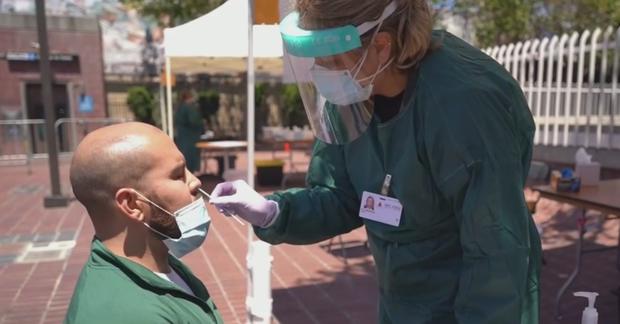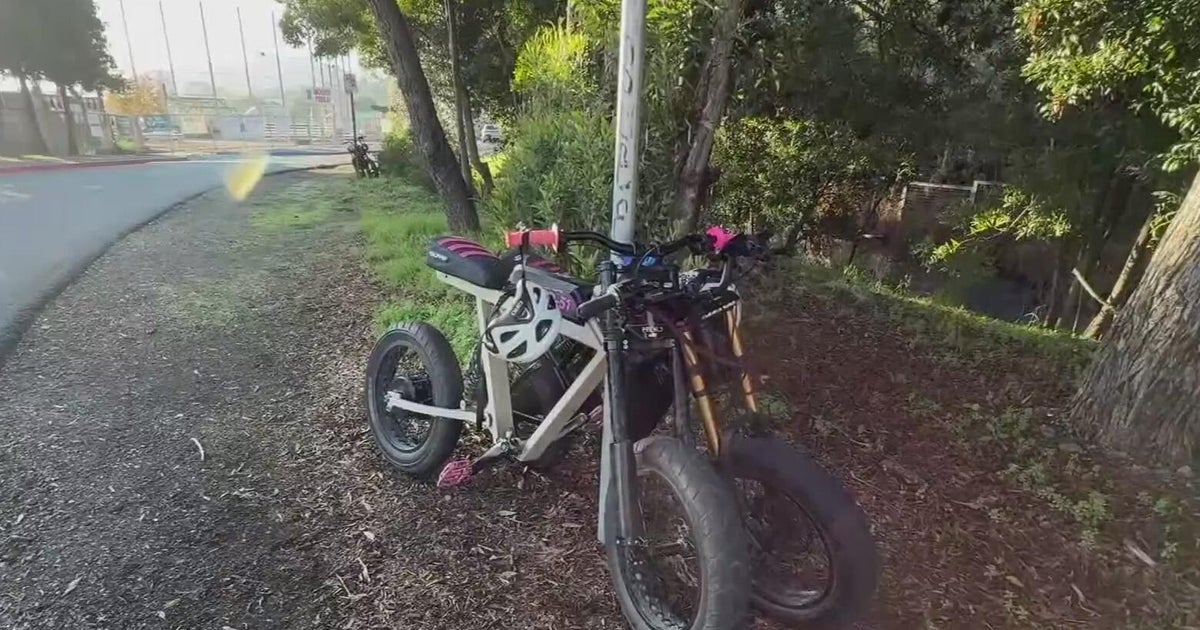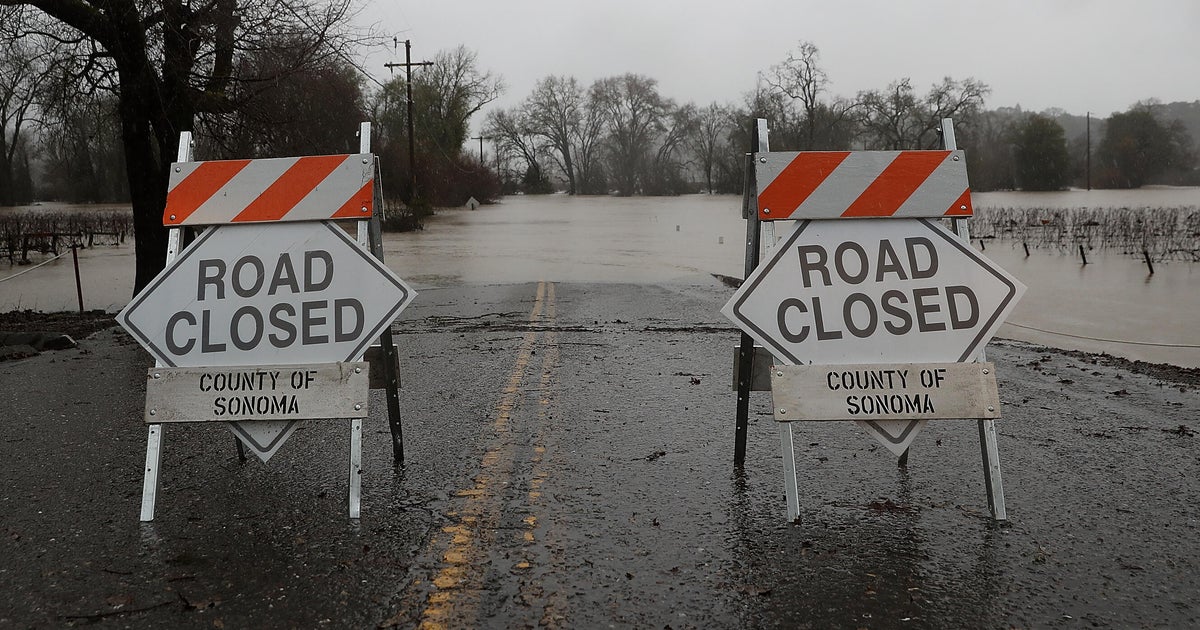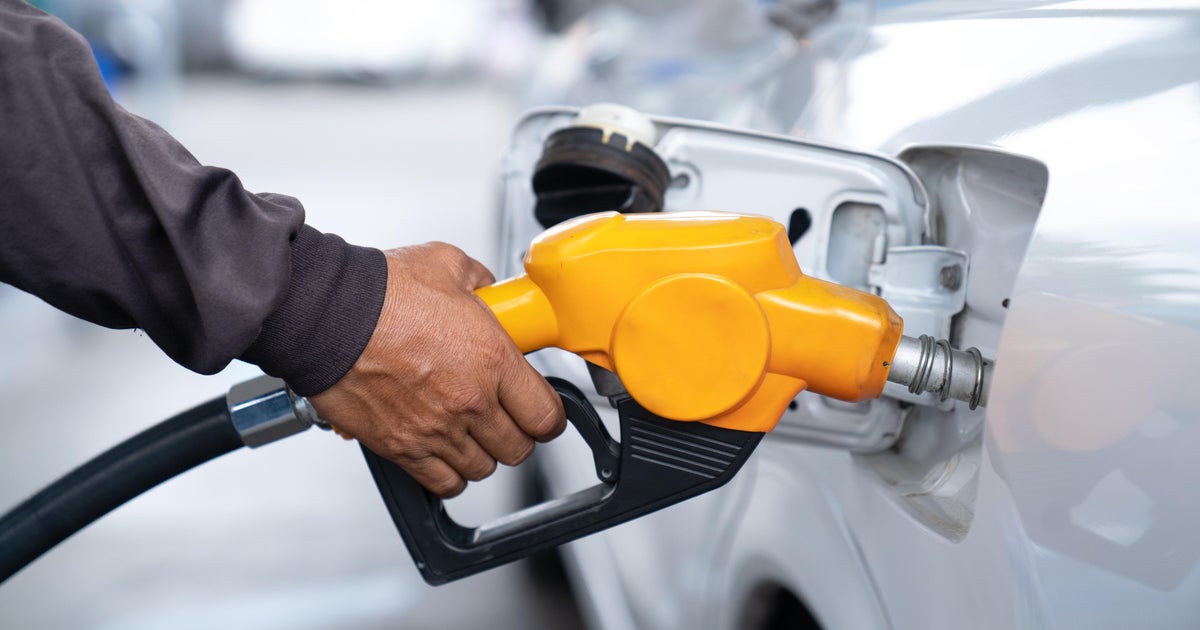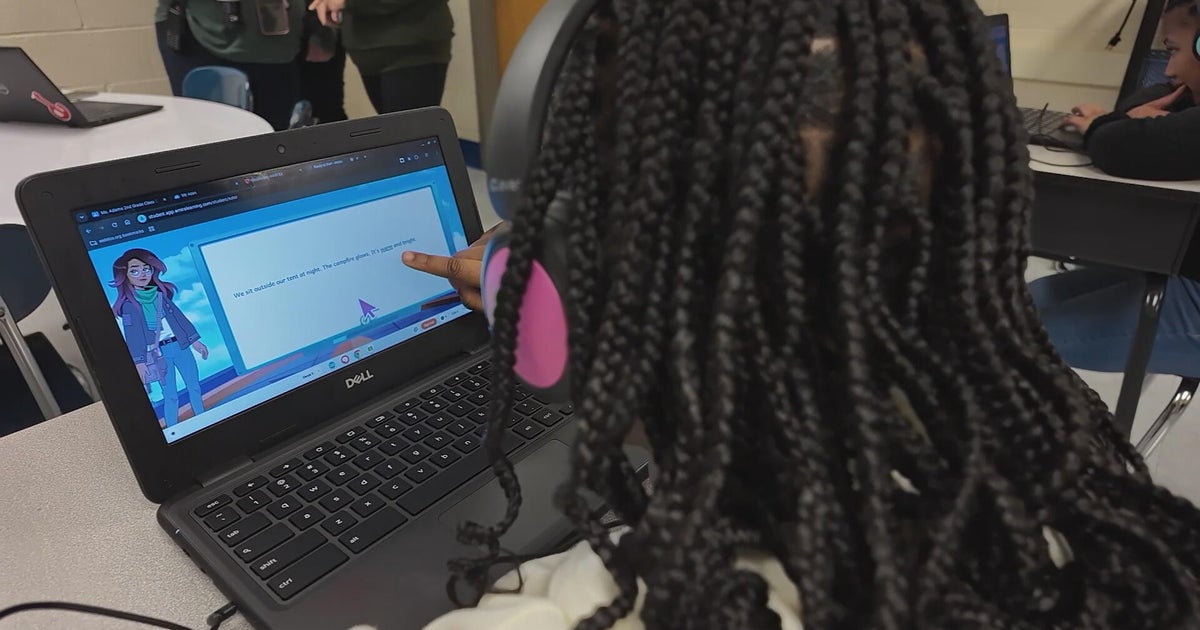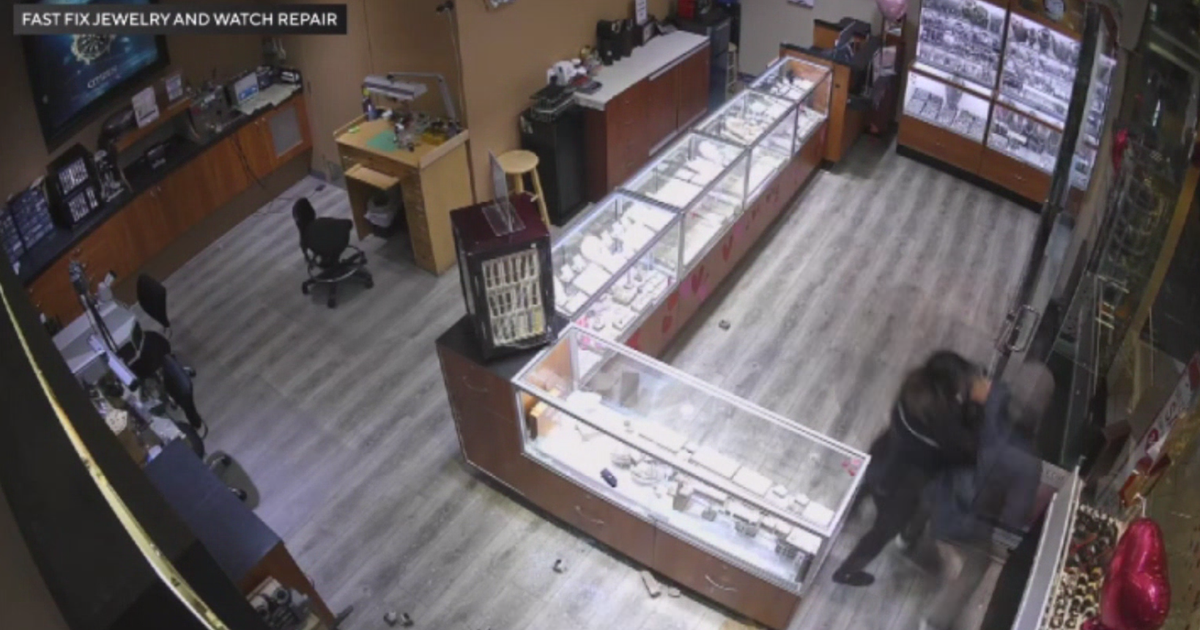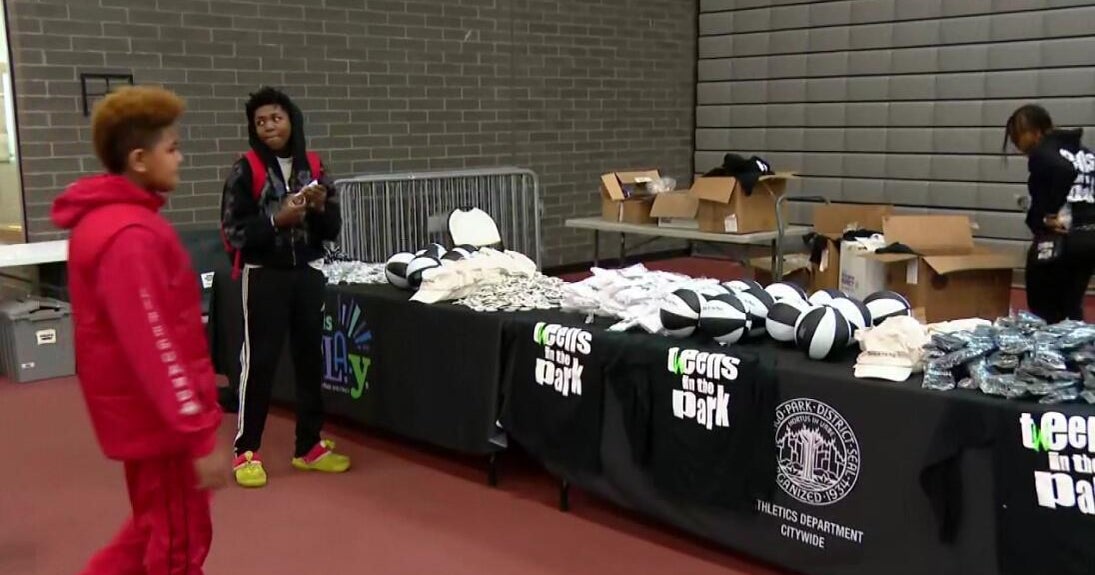Lower Infection Rates Seen In Mission District After Rapid COVID-19 Testing Study
SAN FRANCISCO (KPIX 5) – We have been told the key to fighting the pandemic is testing, testing, testing. And now, researchers in San Francisco have discovered the most effective testing may be faster, easier and less expensive.
San Francisco's Mission District has one of the highest rates of infection in the Bay Area. But a new study suggests the technology now exists to begin effectively fighting the spread of the virus.
The virus has disproportionately impacted the city's Latinx community, which accounts for 15 percent of San Francisco's population, but 51 percent of infections. So in September, UCSF and the Chan Zuckerberg Biohub set up testing sites at the corner of 16th and Mission streets to see what would happen.
They tested more than 800 people. And the good news is the infection rate is down to about 3 percent, when it has been as high as 11 percent in the past.
"And what we wanted to see was what the prevalence of infection was…and also just test," said John Jacobo with the Latino Task Force.
"If we put a testing location site here, would people show up? And the answer is, yes, they would."
Jacobo said it shows if "low-barrier" testing is offered, people will take advantage of it.
And the kind of test also matters. The study used the newer, rapid Covid-19 tests which yield results in minutes, rather than the original PCR tests that can take days.
"You can imagine if I gave you the information 2 or 3 days later, that's 2 or 3 days that you can potentially be interacting with people and spread the virus. How about reducing that to 15 minutes?" said Dr. Joseph DeRisi, Co-president of the Biohub.
The older PCR tests are actually more sensitive and can detect smaller amounts of Covid-19 virus in the body. But it turns out that may not be as effective when it comes to controlling the outbreak.
"We may not need a test that is as sensitive as PCR," said Dr. DeRisi, "because the less and less virus you have, there's a probability that they're less and less infectious. So, if it captures the majority of people with the most virus, that is likely to have the best opportunity of breaking transmission chains moving forward."
So far, the rapid tests have only been approved for use by health-care providers. But the Mission District study shows they can be used effectively in open-air, community environments, as well.
Jacobo said with faster, cheaper and more effective tests now available, it is up to the city to begin putting them into widespread use.
"We are yet to receive full-blown, low-barrier testing facilities," he said. "We have very 'drop in the bucket' locations three times a week. So the ball is in their court for that."
